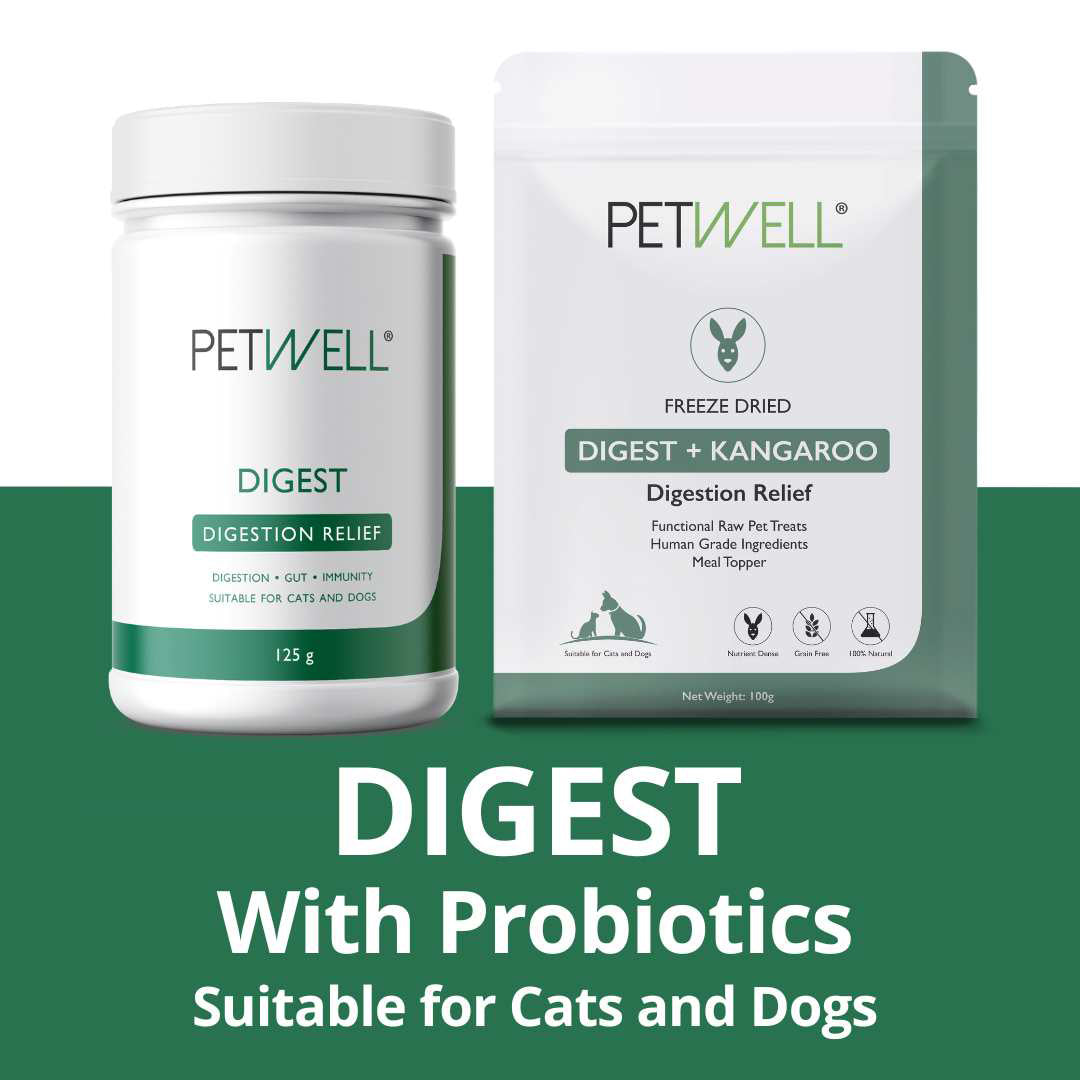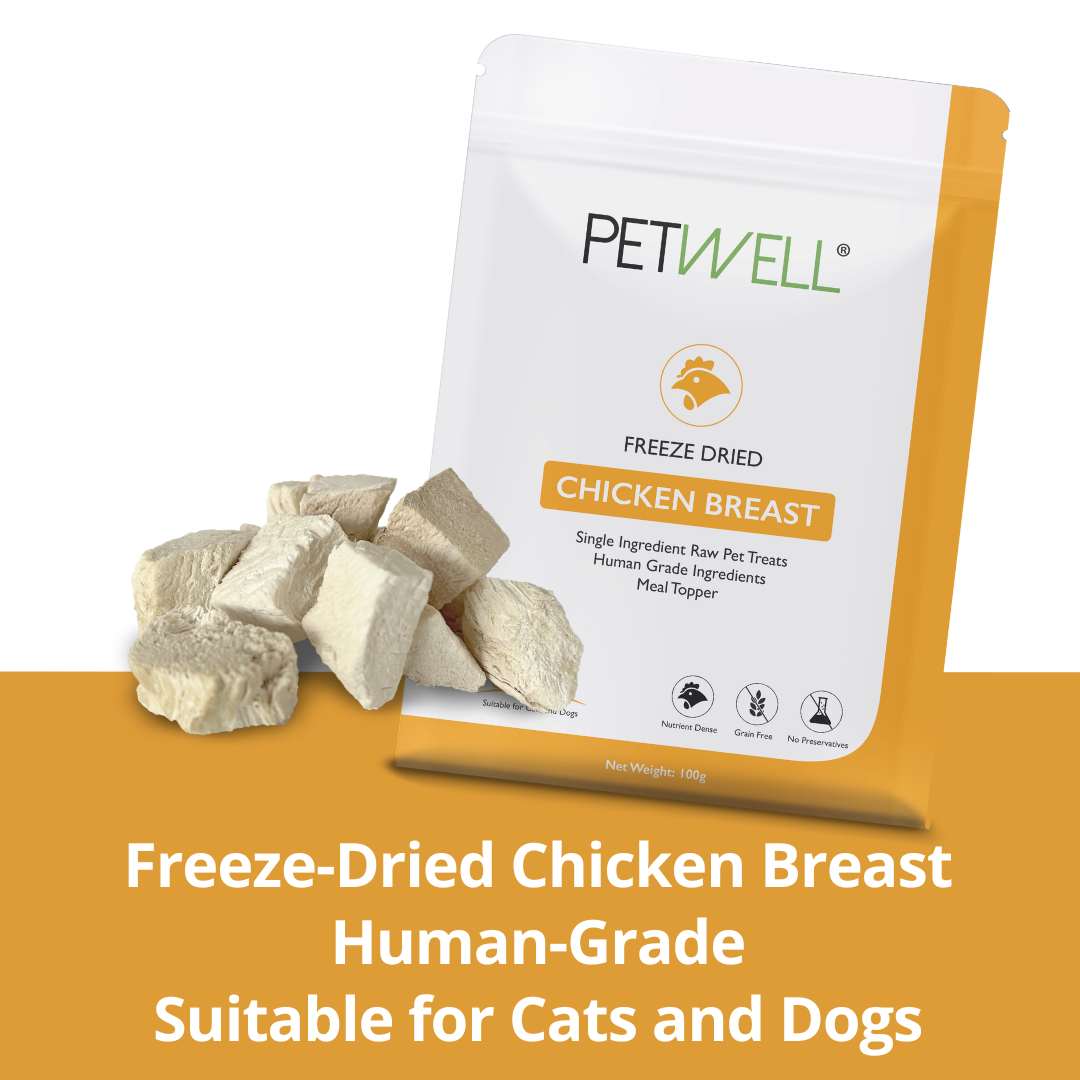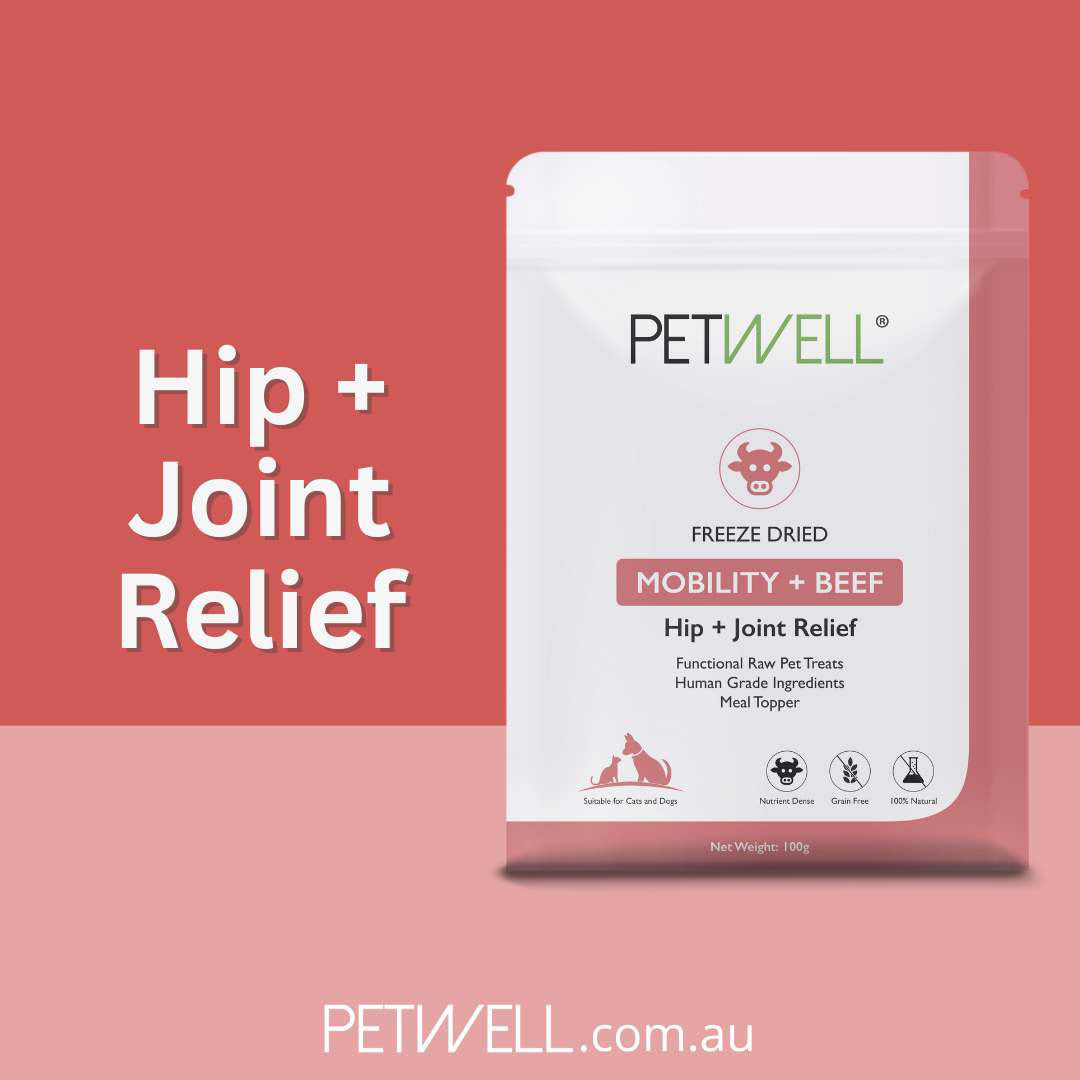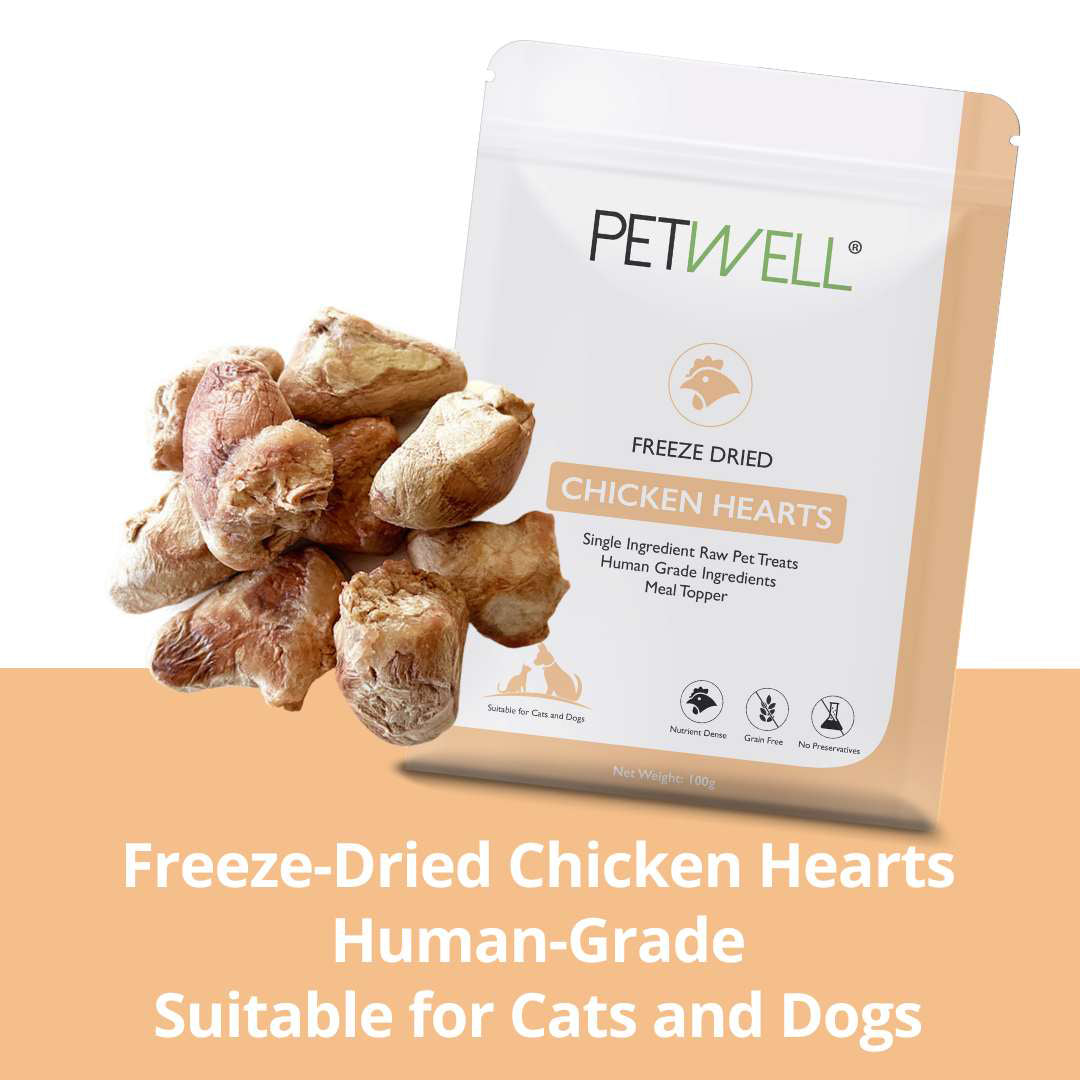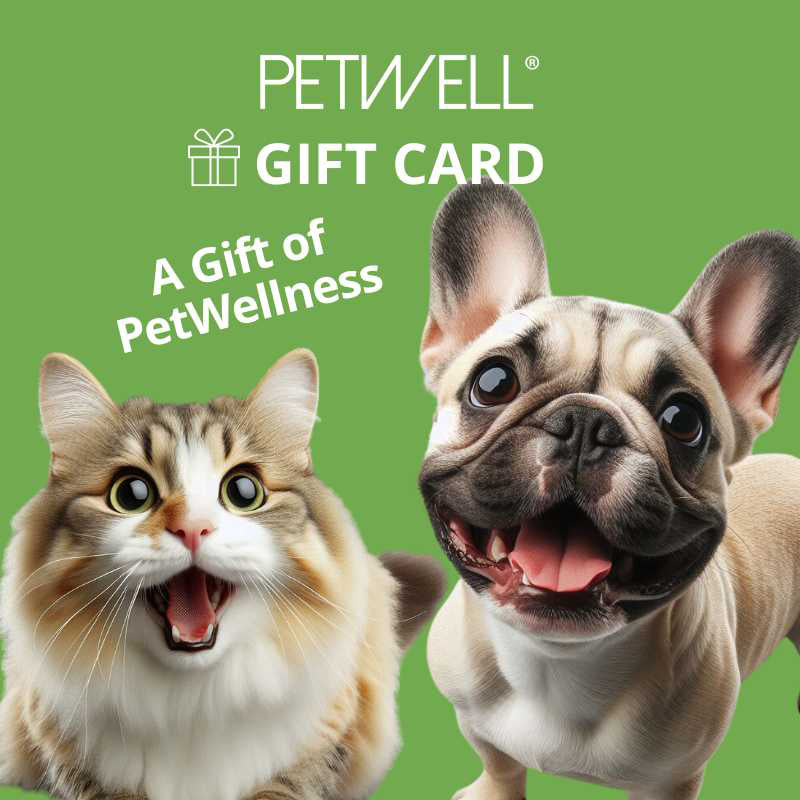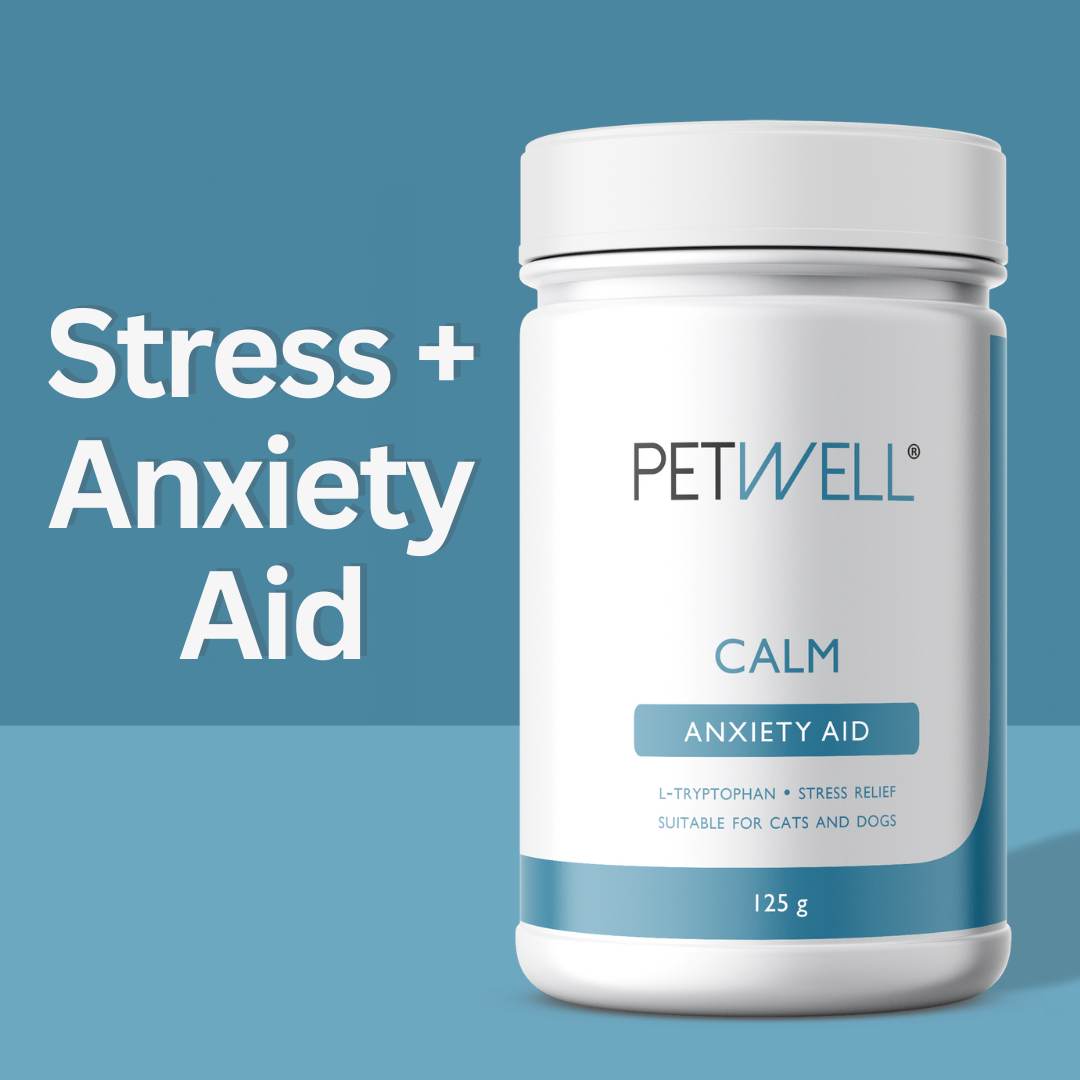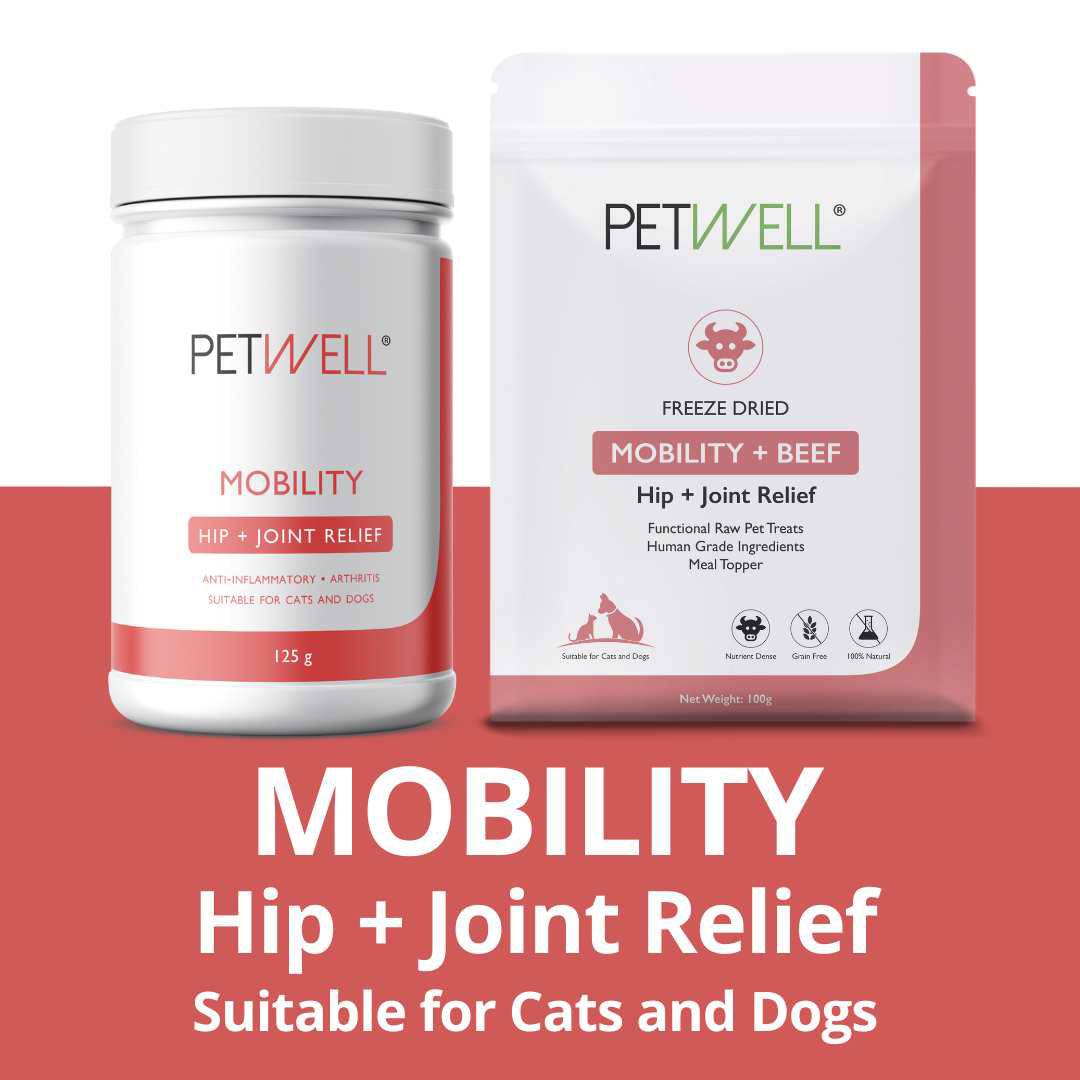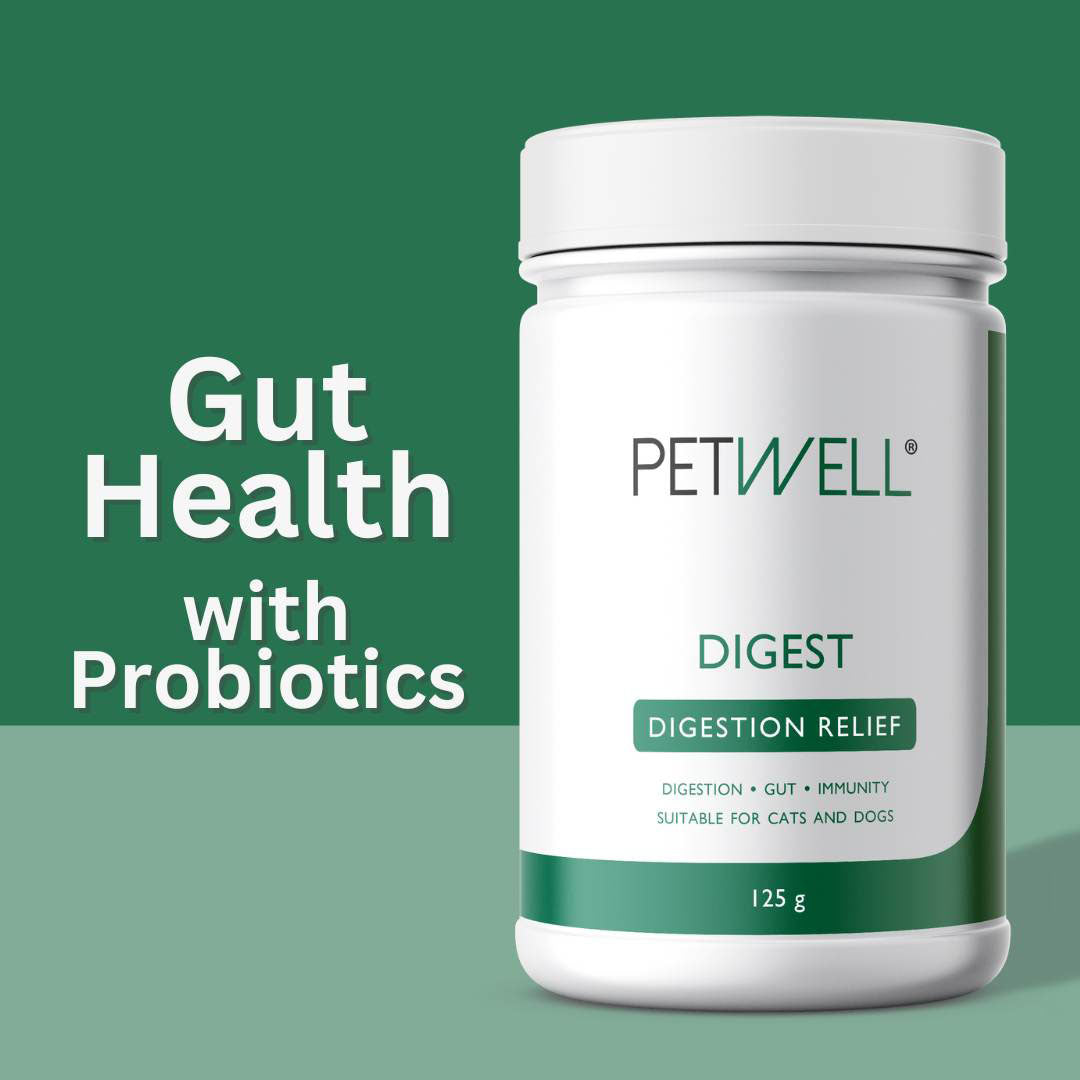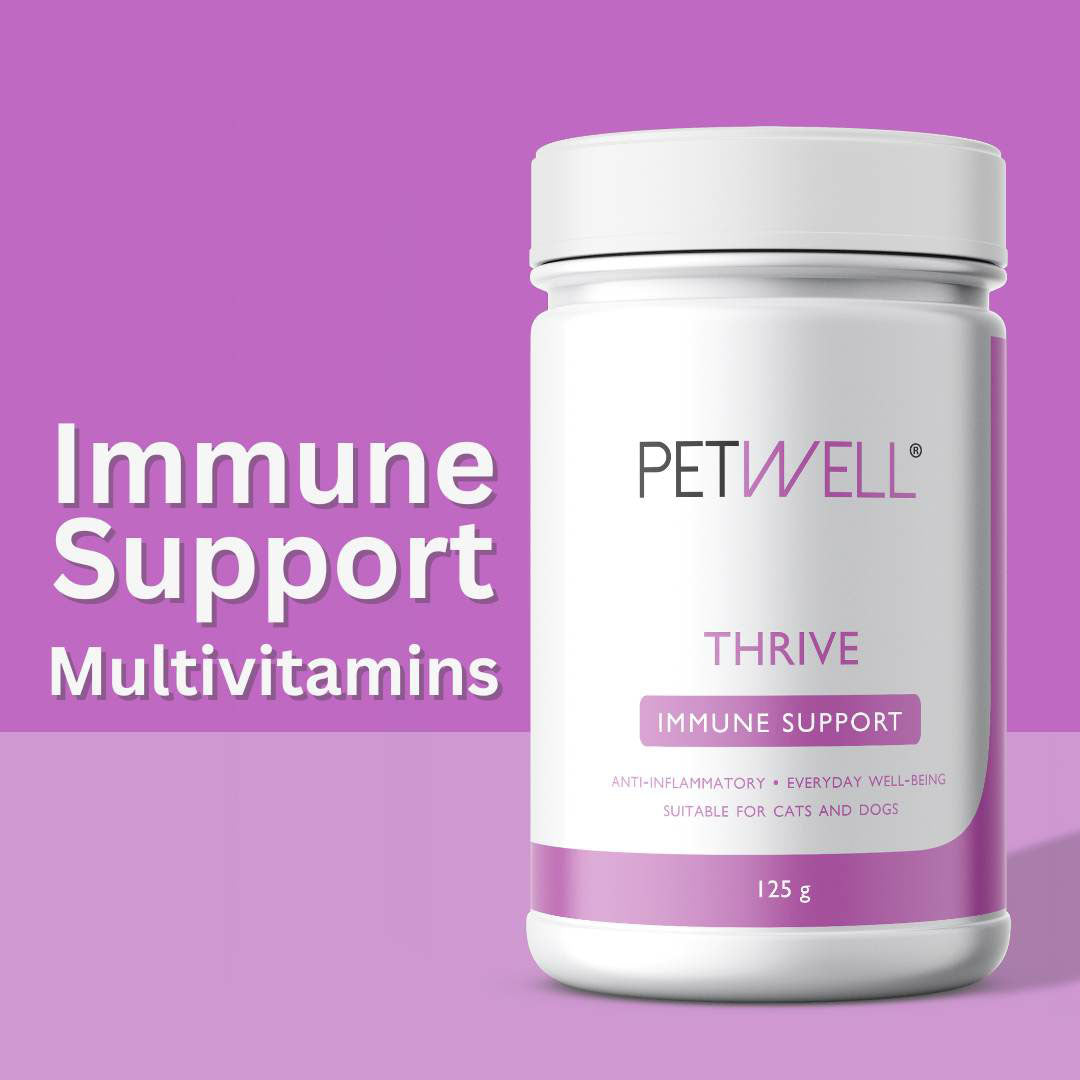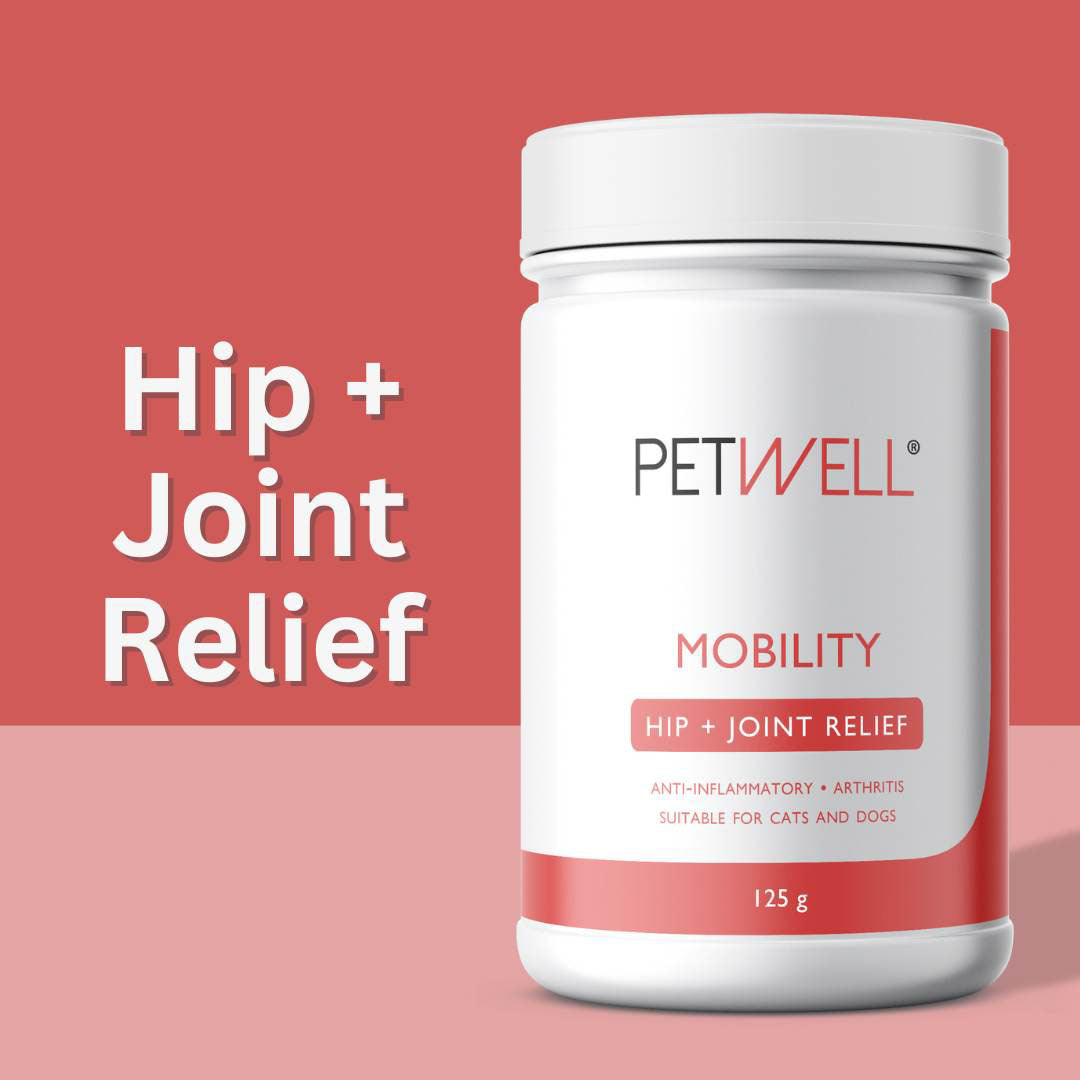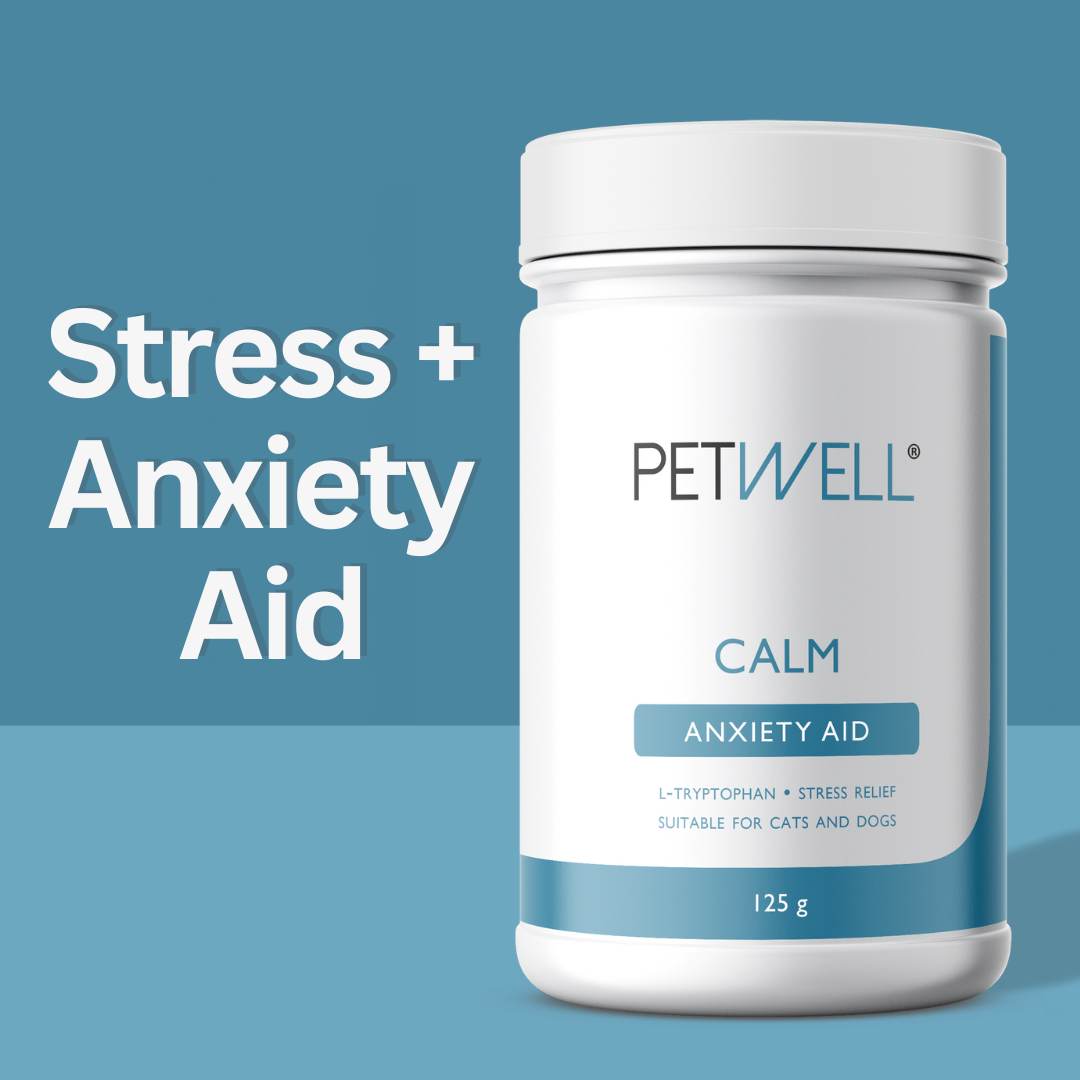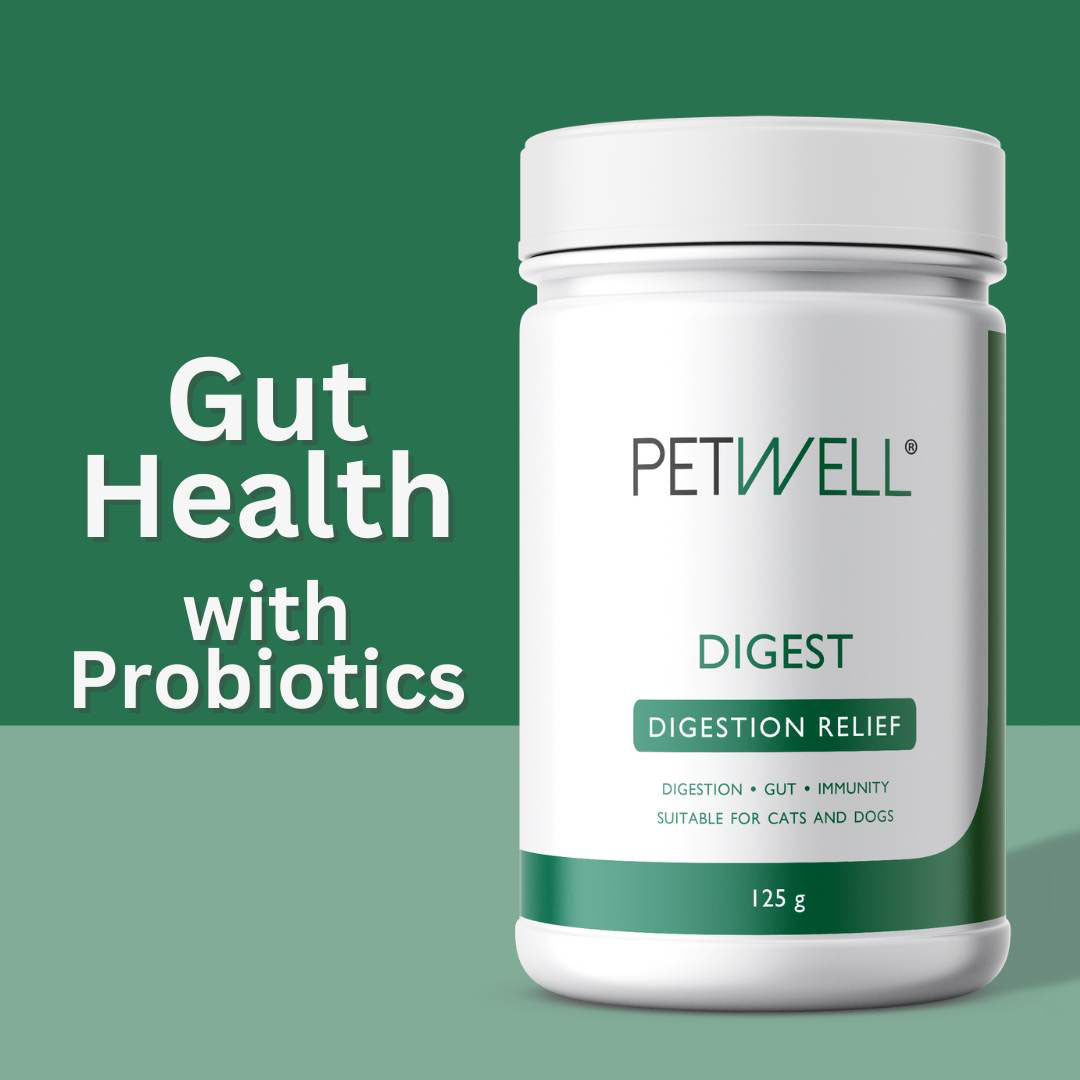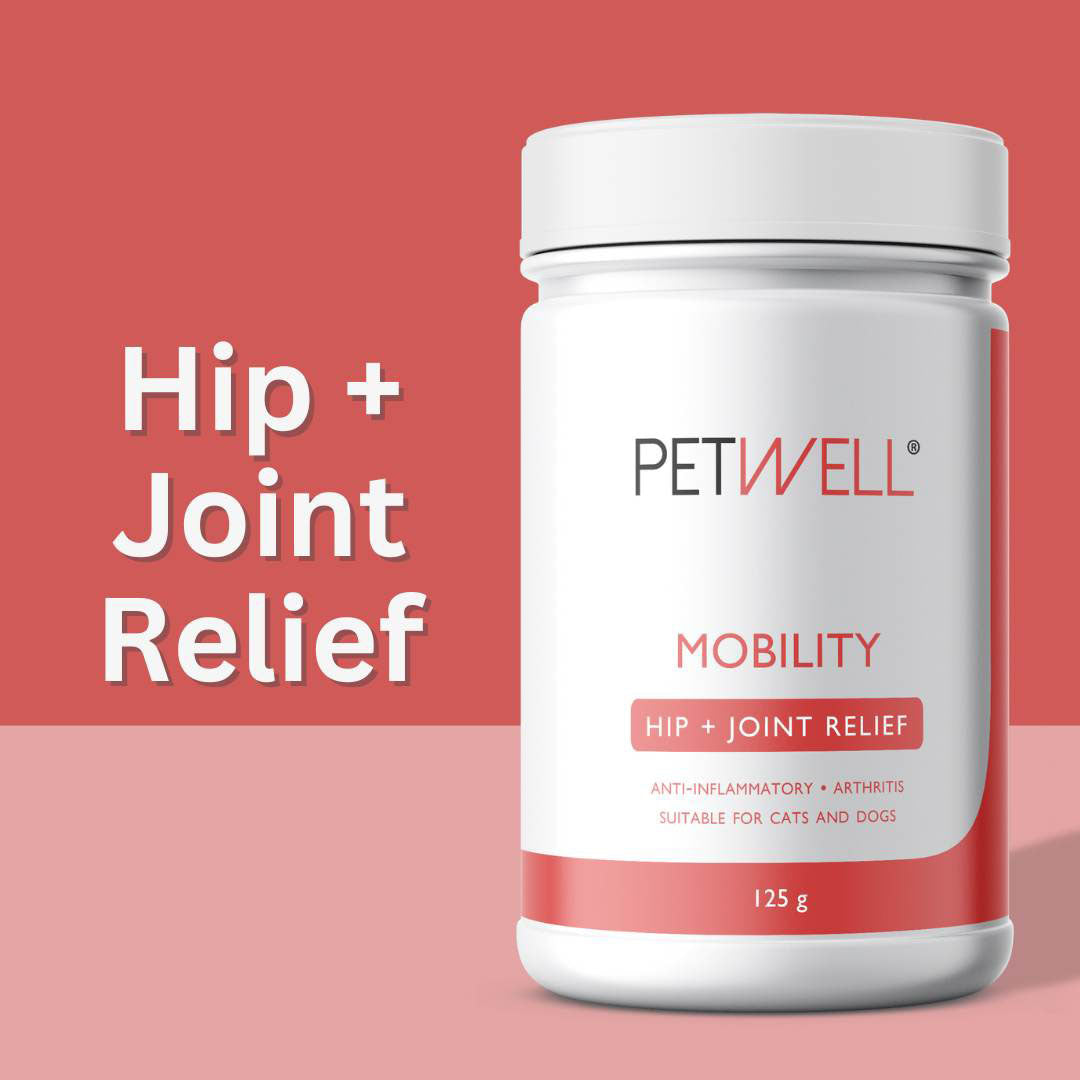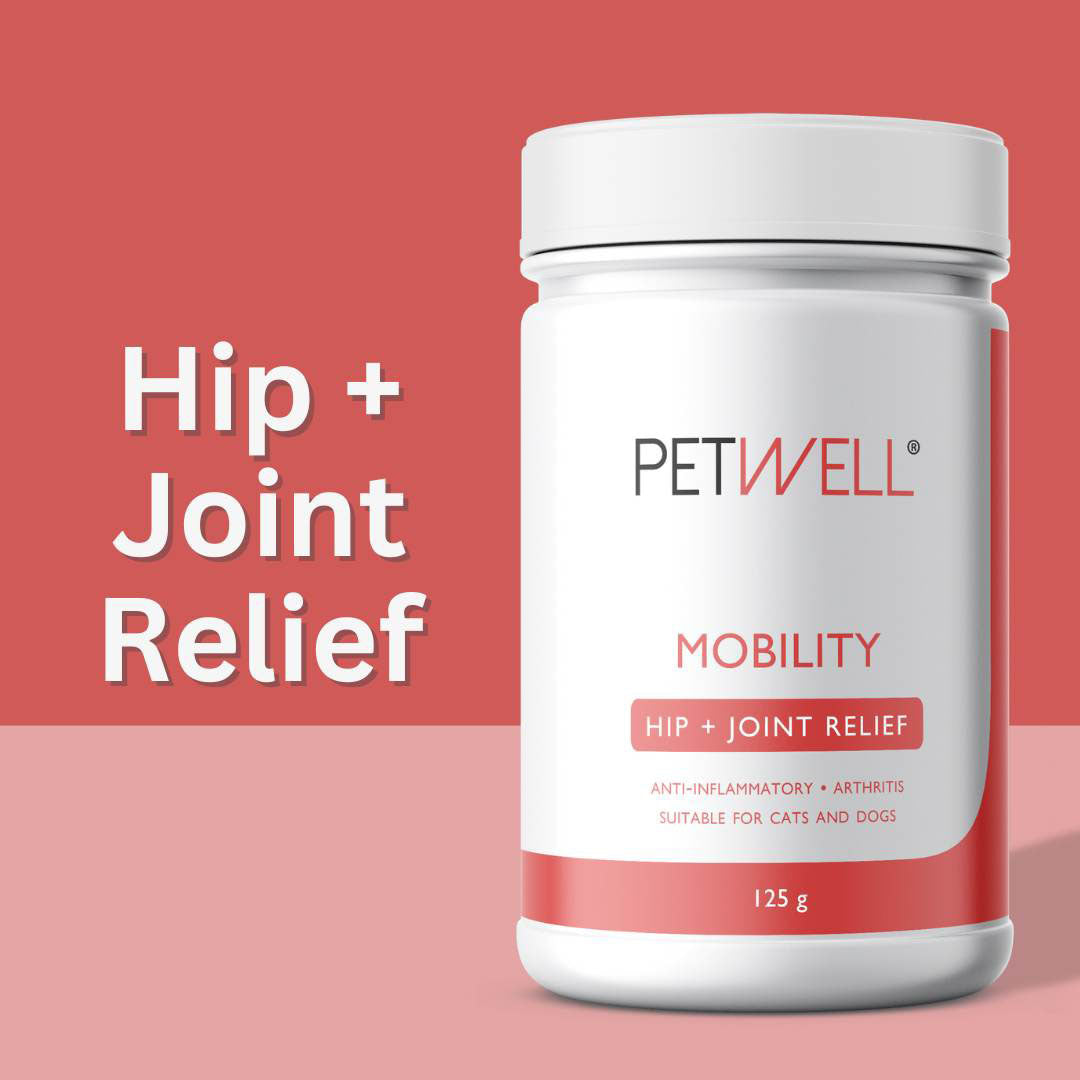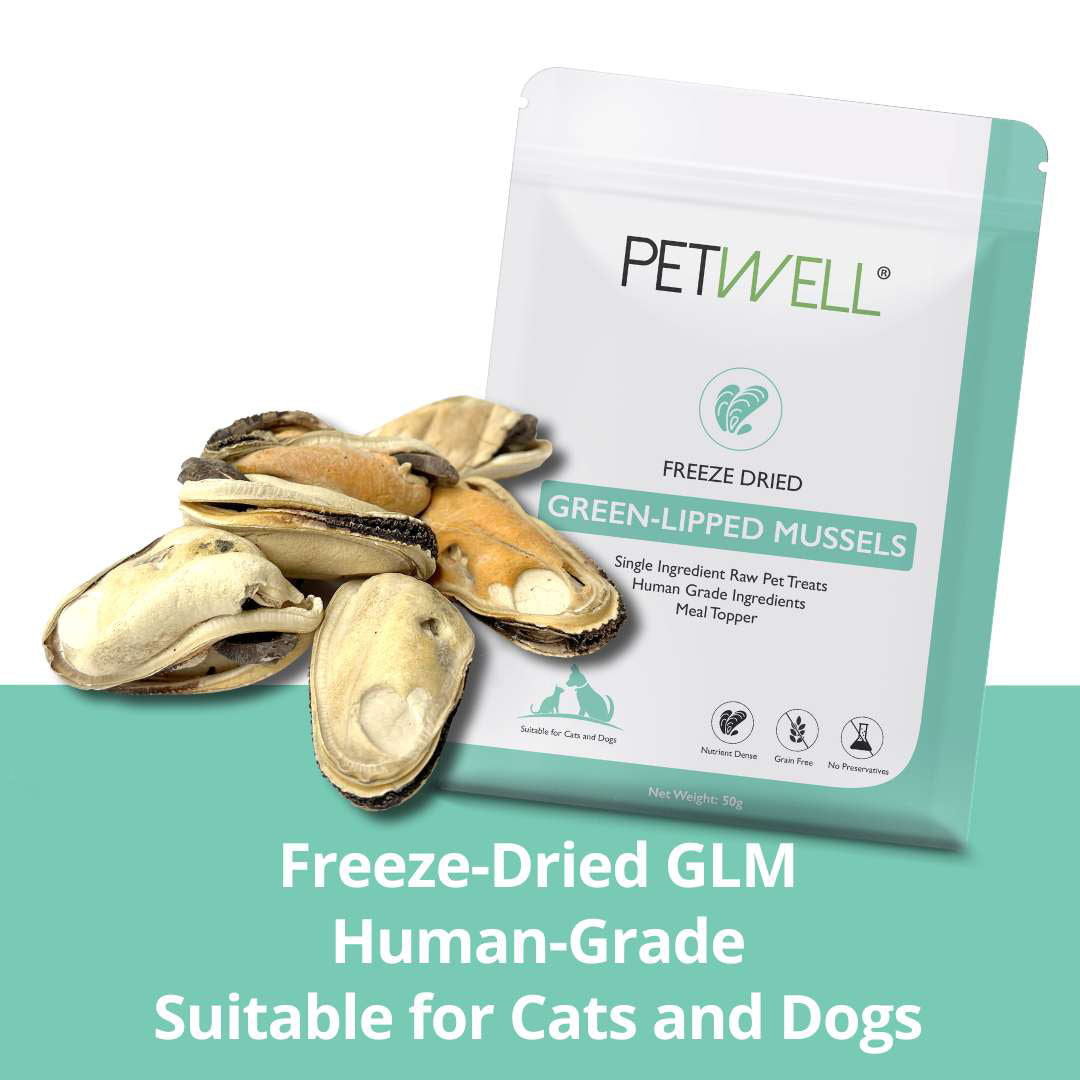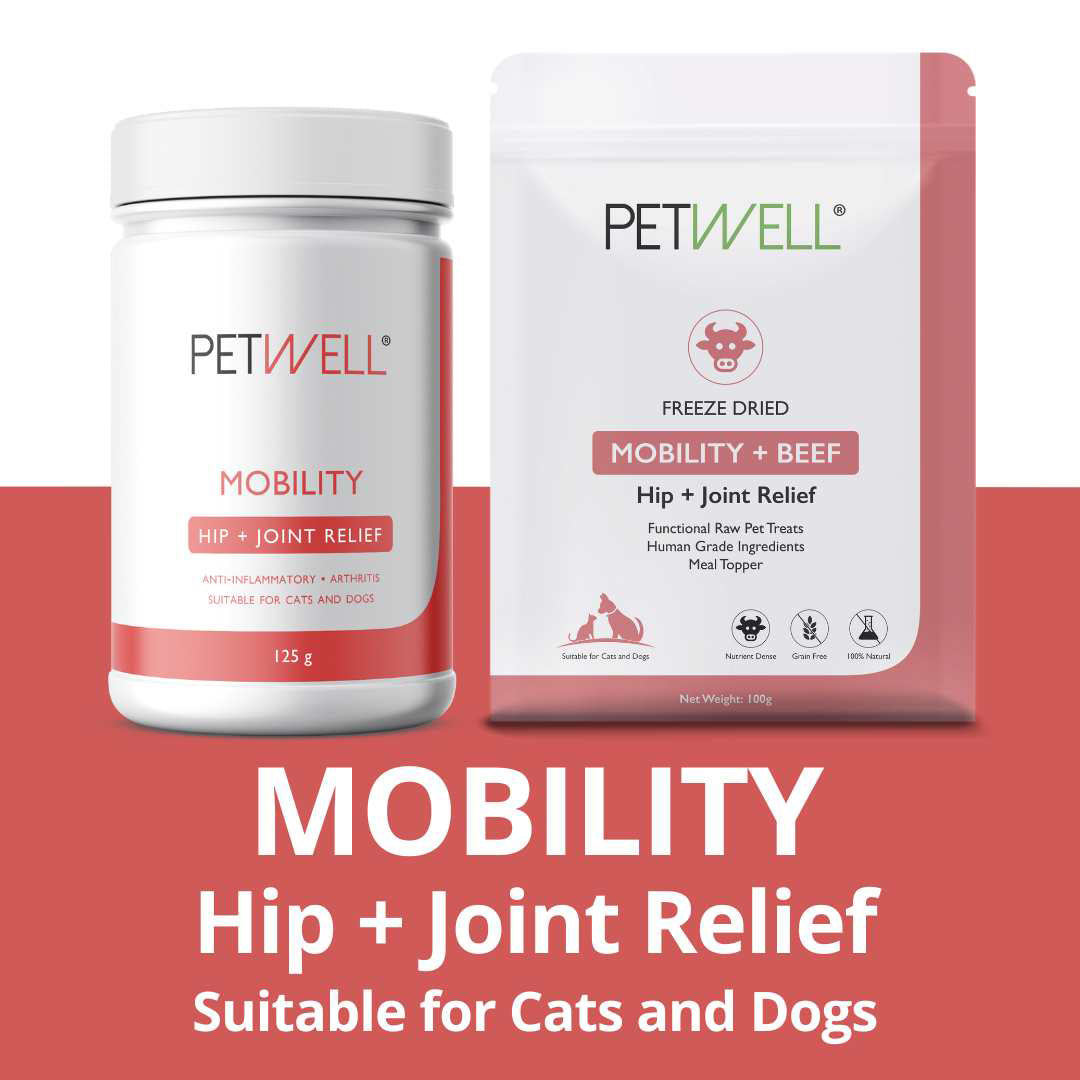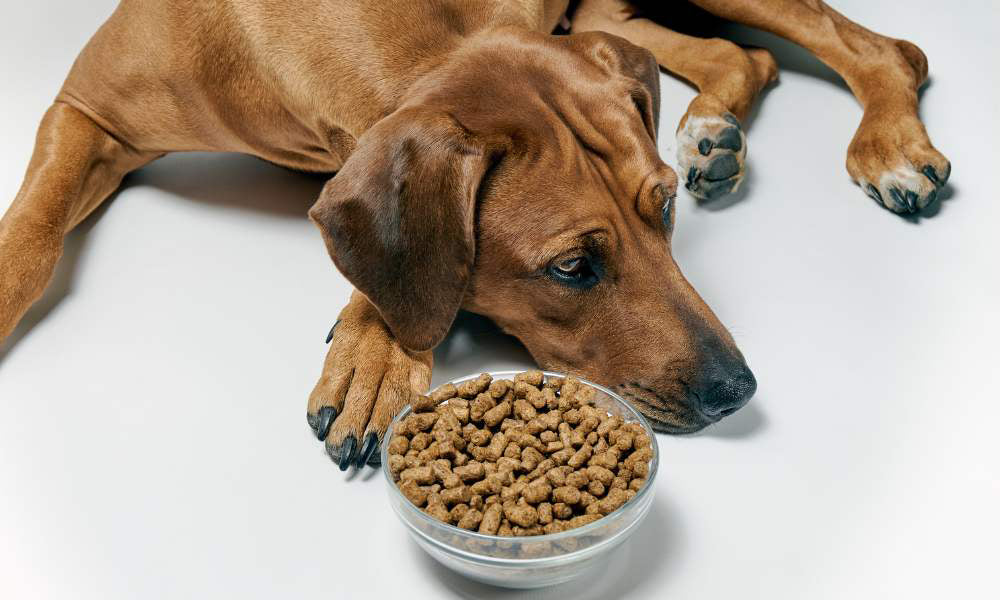When it comes to ensuring the health and well-being of our fur family, pet parents often wonder about the best vitamins for dogs and cats. Here we will highlight the main differences between natural vs synthetic vitamins.
Natural vs. Synthetic: What Are the Best Vitamins for Dogs and Cats?
A common question many pet parents ask is, "Are synthetic vitamins safe for dogs and cats?" Understanding the differences and the benefit of each type is crucial for making an informed decision.
When considering the best vitamins for pet health, it depends on your pet’s specific needs, health conditions, and dietary preferences.
Natural vitamins might be preferable for pets with allergies or sensitivities due to their higher bioavailability and fewer additives. While synthetic vitamins could be suitable for pets needing a quick and specific nutrient boost.
The bioavailability of vitamins in pet supplements is a crucial factor. And natural vitamins, being in their original form, ensure that your pet receives the full benefit of the nutrients. |
Natural Vitamins in Pet Supplements
In the debate between whole food vitamins for dogs and cats vs. synthetic vitamins, whole food vitamins usually come out on top. Because of their natural state and increased bioavailability, they offer a variety of nutrients that complement one another and increase overall effectiveness.
By choosing supplements with natural vitamins, such as those found in PetWell Supplements, you provide your pets with a more balanced and bioavailable source of essential nutrients, supporting their overall health and well-being.
Benefits of Natural Vitamins for Dogs and Cats
Natural vitamin sources for pets are derived from whole foods such as fruits, vegetables, and animal products. These vitamins are in their most bioavailable form, meaning they are easier for your pet’s body to absorb and utilise. Here are the expanded benefits of natural vitamins for dogs and cats:
Higher Bioavailability
- Optimal Absorption: Natural vitamins are often more readily absorbed by the body due to their bioavailability. This ensures that pets can utilise the maximum amount of nutrients.
- Improved Efficacy: Higher bioavailability translates to better efficacy of the vitamins, supporting the overall health of pets more efficiently.
Minimal Additives
- Reduced Chemical Exposure: Natural supplements typically have fewer artificial fillers, binders, and preservatives, reducing the risk of adverse reactions.
- Minimised Allergens: With fewer artificial ingredients, there is a lower chance of triggering allergies or sensitivities in pets.
- Cleaner Ingredients: Natural vitamins come from whole food sources, ensuring that pets receive nutrients in their purest form.
Balanced Nutrients
- Comprehensive Nutrition: Whole foods provide a balanced array of nutrients, including vitamins, minerals, antioxidants, and phytonutrients, which work together synergistically.
- Enhanced Immune Function: A well-balanced diet with natural vitamins supports a robust immune system, helping pets fend off illnesses and infections.
- Promotes Overall Health: The array of nutrients in whole foods contributes to various aspects of health, including coat condition, digestion, and energy levels.
Reduced Risk of Toxicity
- Safer Long-Term Use: Natural vitamins, derived from food sources, are less likely to lead to toxicity compared to synthetic vitamins, which can accumulate in the body and cause harm over time.
- Balanced Intake: Whole food sources provide vitamins in a balanced manner, reducing the risk of over-supplementation.
Enhanced Digestion and Gut Health
- Natural Fibre: Many whole food sources of vitamins also contain fibre, which aids in digestion and promotes a healthy gut microbiome.
- Improved Nutrient Absorption: A healthy digestive system ensures better absorption of all nutrients, not just vitamins.
Better Taste and Palatability
- Natural Flavours: Whole food-based supplements often taste better to pets compared to synthetic options, making it easier to ensure they take their vitamins.
- Reduced Supplement Rejection: Pets are more likely to accept and enjoy natural supplements, reducing the challenge of administering them.
Environmental Benefits
- Sustainable Sourcing: Many natural vitamin sources are derived from sustainable farming practices, supporting environmental health and reducing the ecological footprint.
- Less Processing: Natural vitamins often require less industrial processing, which is better for the environment and ensures the vitamins remain closer to their original, nutrient-rich state.
Supports Specific Health Conditions
- Targeted Nutrient Support: Certain whole foods are known to support specific health conditions. For example, fish oil is rich in omega-3 fatty acids, which are beneficial for joint health and inflammation.
- Holistic Health Benefits: Natural vitamins often come with additional health benefits that go beyond basic nutritional needs, supporting overall wellness.
Antioxidant Properties
- Natural Antioxidants: Many whole foods are rich in antioxidants, which help protect pets' cells from damage caused by free radicals.
- Disease Prevention: Antioxidants play a crucial role in preventing chronic diseases and supporting long-term health.

By choosing natural vitamins, such as those found in whole food supplements, like PetWell Supplements, pet owners can provide their fur family with a more balanced, effective, and safe source of essential nutrients.
Natural vitamins support overall health, enhance digestion, reduce the risk of adverse reactions, and promote a happier, healthier life for pets.
What Are Synthetic Vitamins in Pet Supplements
Synthetic vitamins in pet supplements are man-made and designed to mimic the natural vitamins found in food. They are often used in pet foods and supplements because they are cheaper and have a longer shelf life.
While short-term use of synthetic vitamins can be beneficial for a quick nutrient boost, long-term use can be detrimental for your dog or cat.
Potential Risks of Long-Term Use of Synthetic Vitamins and Minerals
Long-term use of synthetic vitamins and minerals can potentially deteriorate organs and overall health, especially if taken in excessive amounts. Here are some key considerations:
- Lower Bioavailability: Synthetic vitamins may not be as readily absorbed by the body compared to their natural counterparts.
- Altered Metabolism: The body may metabolise synthetic vitamins differently, which could stress the organs involved in processing these substances, such as the liver and kidneys.
- Nutrient Imbalances: Over-supplementation can interfere with the absorption or function of other nutrients, leading to deficiencies and imbalances.
- Allergic Reactions: Synthetic vitamins may contain fillers, binders, and preservatives that can cause allergic reactions in sensitive pets.
- Toxicity: Fat-soluble vitamins (A, D, E, and K) can accumulate in the body, leading to toxicity.
- Gastrointestinal Issues: Synthetic vitamins can cause digestive upset, particularly if taken on an empty stomach or in high doses.
- Behavioural Changes: Imbalances in certain vitamins can affect a pet’s energy levels and behaviour.
- Drug Interactions: Synthetic vitamins can interact with other medications, potentially reducing their effectiveness.
- Impact on Metabolic Processes: Some synthetic vitamins can affect hormone levels and endocrine function.
- Additives and Fillers: Synthetic supplements often contain artificial ingredients that may contribute to inflammation or other negative health outcomes.
- Chronic Conditions: Excessive intake of certain synthetic vitamins can increase the risk of heart disease and cancer.
Balancing Natural and Synthetic Supplements

As mentioned earlier, there may be important reasons to provide your pet with synthetic vitamins. In such cases, it's crucial to balance them properly.
- Whole Food Sources: Aim to get vitamins and minerals from whole food sources, offering a balanced array of nutrients.
- Moderation and Monitoring: Use synthetic supplements in moderation and under the professional guidance of a vet or pet nutritionist.
- Regular Check-ups: Regular medical check-ups and blood tests can help monitor nutrient levels as well as organ health.
- High-Quality Supplements: Choose reputable brands with minimal additives. PetWell Supplements are packed with only natural vitamins and minerals direct from food sources and work together to amplify the benefits.
- Balanced Diet: Provide a balanced, nutrient-rich diet to reduce the need for synthetic supplements.
- Watch for Signs of Over-Supplementation: Be alert to any changes in your pet’s behaviour, appetite, or physical condition.
In Summary
Synthetic Vitamins: Effective for specific deficiencies, but carry risks such as lower bioavailability, potential toxicity, and allergic reactions.
Natural Vitamins: Derived from whole foods, offering higher bioavailability, lower toxicity risk, and fewer side effects. Generally safer for long-term use.
Choosing the right type of vitamin supplement for your pet depends on their specific health needs, dietary preferences, and overall health condition.
Disclaimer: The entire contents of this email and website are not to be taken as medical advice. The team at Pet Squad Pty Ltd trading as PetWell encourages you to make your own pet healthcare decisions based on your research and in partnership with a qualified pet healthcare professional.
